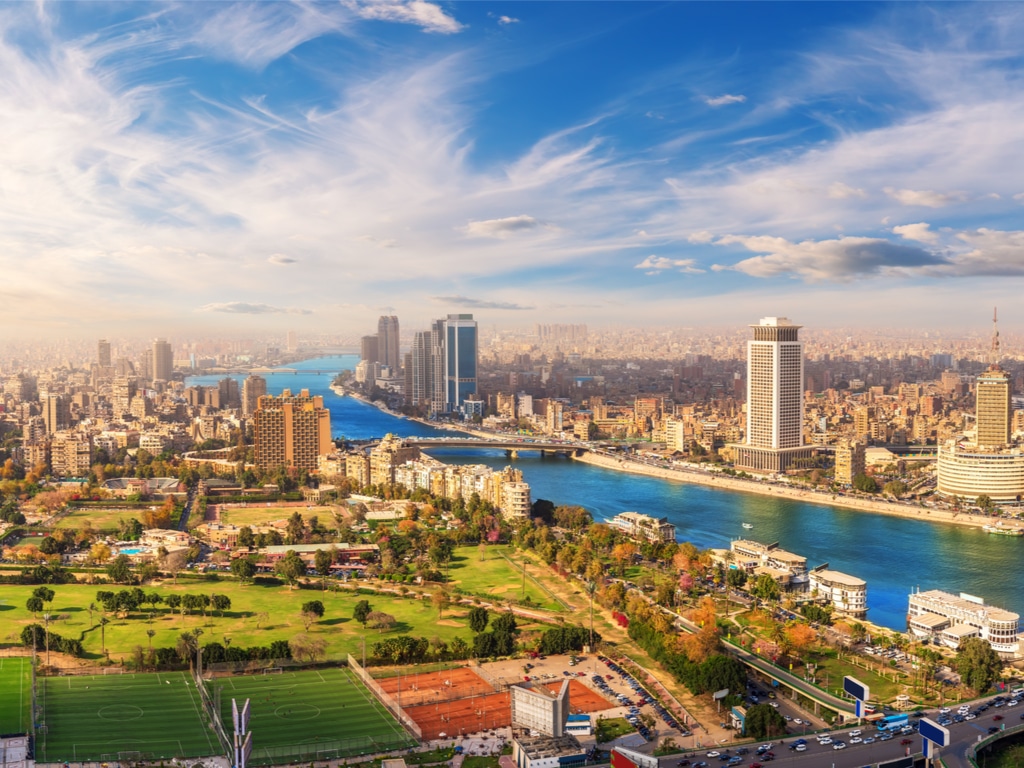As part of its 2052 vision, Egypt wants to double its urban area from 7% to 14%. In this process, which includes the development of 61 cities, 24 will be developed on the basis of sustainability. And to support this policy, the French group Schneider Electric is partnering with real estate company Tatweer Misr to implement three smart city projects in Galala in the governorate of Suez, Fouka Bay and D-Bay on the north coast, and Bloomfields in Mostakbal, in the governorate of Giza.
According to Fouad Zayed, vice president of digital energy and EcoStruxure for Egypt, North East Africa and the Levant cluster at Schneider Electric, Tatweer Misr will use its iTWO platform to bridge the gap between the real and the virtual and provide building information modelling (BIM 5D) as well as operational costing and construction time for these real estate projects.
The agreement was sealed by the two partners at the Middle East and Africa (MENA) Innovation Summit hosted by Schneider Electric in Dubai from 18 to 19 May 2022. With a turnover of 26 billion euros in 2021, the group headed by Jean-Pascal Tricoire offers energy solutions and automation systems to homes, data centres and industries in some 100 countries, including Egypt.
From digital transformation to energy efficiency
In 2014, the Egyptian government adopted its integrated strategy for sustainable energy by 2035, with the aim of phasing out the energy subsidy regime, diversifying the electricity mix to 42% renewable energy, and promoting energy efficiency. To achieve this, the country is supported by its development partners such as the French Development Agency (AFD), which has already injected 795 million euros into low-carbon investment projects through its private sector financing subsidiary Proparco.
Read also-EGYPT: Etisalat and Honeywell to provide smart solutions for buildings
At the same time, the energy sector reforms sought by the Egyptian authorities have gradually led the country to replace obsolete meters with prepaid and smart digital meters since 2020. The initiative, implemented by Giza-based electricity grid solutions provider Globaltronics, received $10 million in funding from the World Bank through the International Finance Corporation (IFC), its private sector financing arm.
Benoit-Ivan Wansi
